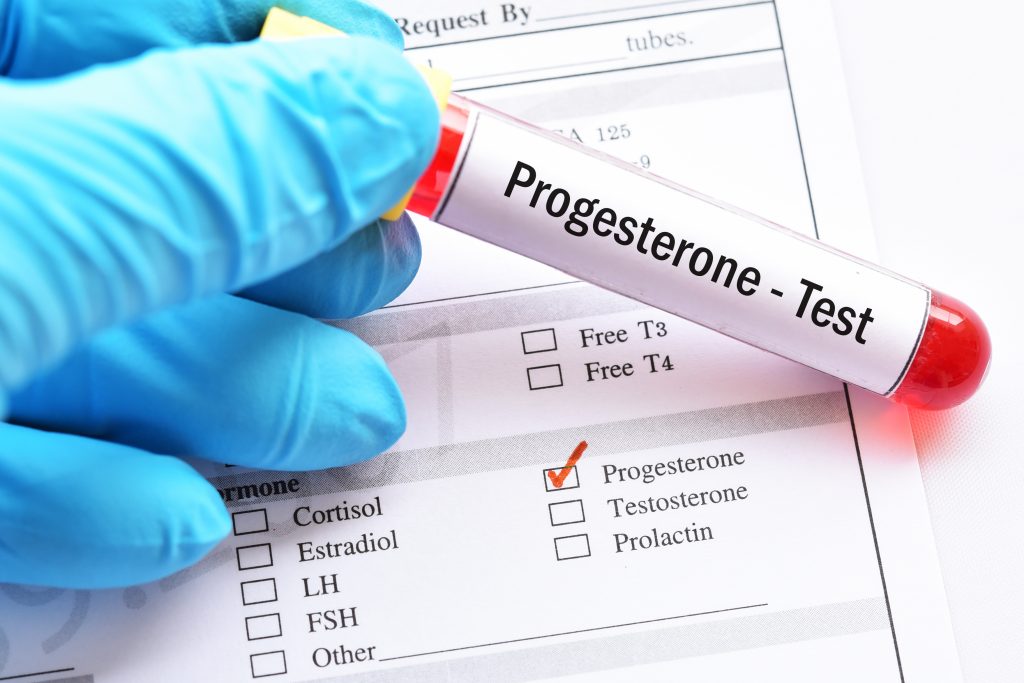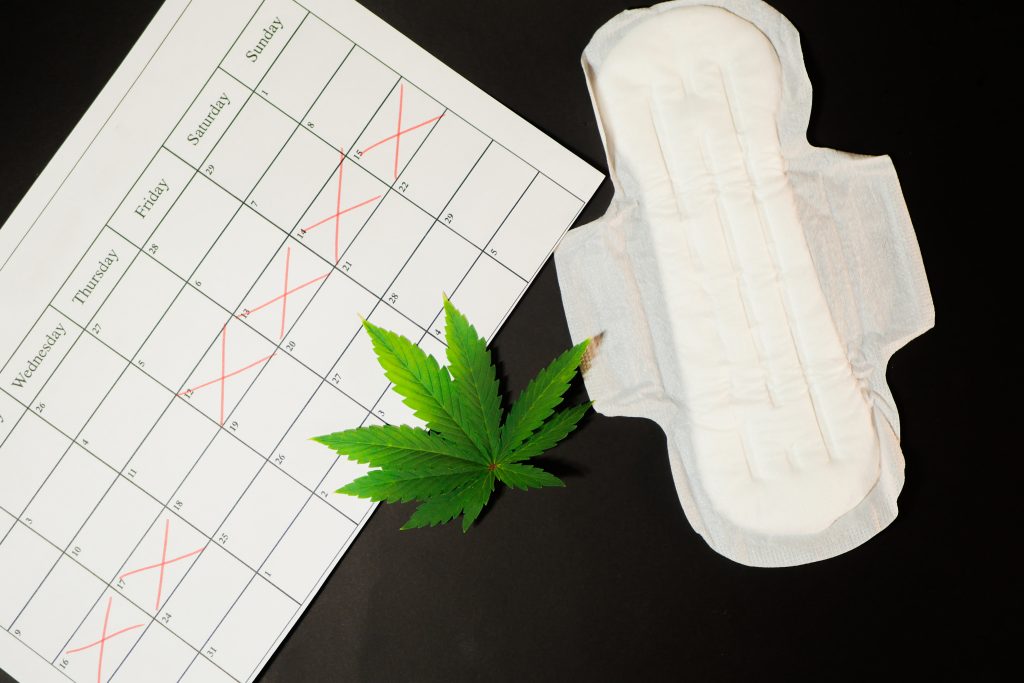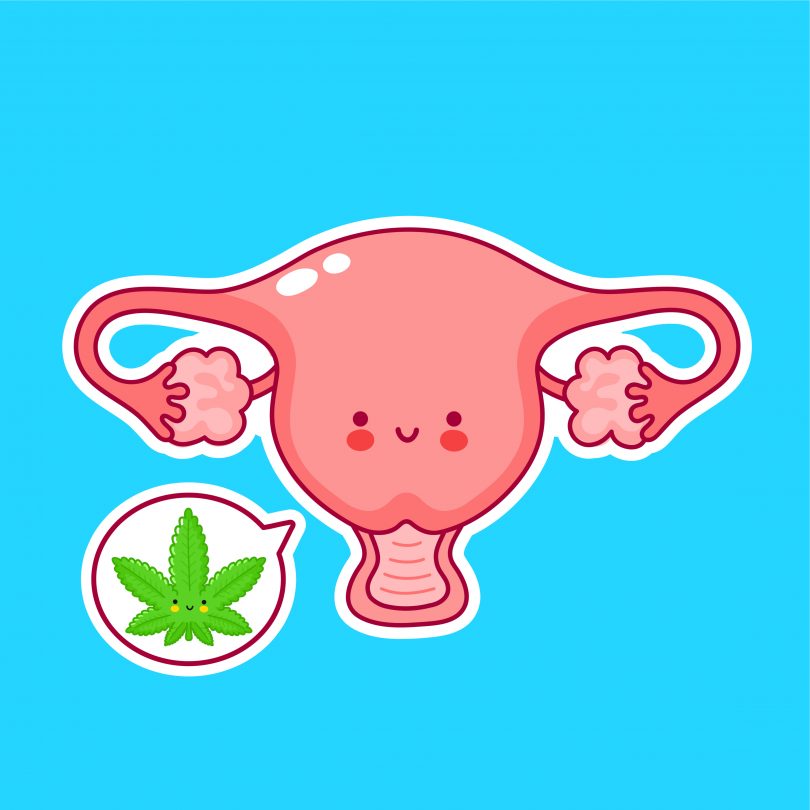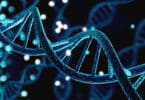To be clear, it’s not all your hormones, and to be even more clear, the chemical formula is also the same as CBD, CBC, and CBL, since all of these compounds share the same formula as THC. So, what does it mean that human hormones have the same chemical formula as cannabis compounds like THC?
Most people have no idea that their hormones have the same chemical formula as the THC that gets them high. But it’s an interesting connection that opens the door of possibility for how cannabis can be used for hormone disorders. Luckily, not everyone who enjoys cannabis, is worried about medical issues. Some people just want to feel good, and for that there are plenty of options these days, including delta-8 THC. This different version of THC which causes less psychoactive effect, and leaves the user clear-headed and energetic, is a great alternative that won’t cause the same anxiety as delta-9. We’ve got great delta-8 THC deals, as well as plenty of other compounds, such as THCV, delta 10 and even the new THC-O, so go ahead, and subscribe right for you.
What is THC?
The term ‘THC’ has been greatly bastardized recently, adopting a slang definition as a term specifically meant for delta-9 THC. However, this is not the case at all, and THC, actually refers to ‘tetrahydrocannabinols’, which are an entire grouping of cannabinoids that are similar, and share this chemical formula: C₂₁H₃₀O₂. This includes all the delta-THCs, like delta-8, delta-9, and delta-10, but it also includes CBC, CBL and CBD. Tetrahydrocannabinols – particularly delta-9 – are the cannabinoids associated with a psychoactive high.
THC is the predominant cannabinoid in marijuana plants, whereas it’s counterpart CBD, is the predominant cannabinoid in hemp plants. Marijuana and hemp are both cannabis plants, and the designation in terminology has simply to do with the amount of THC. In the US, hemp is defined as having not more than .3% delta-9 THC by dry weight, and marijuana is over .3%.
Now, to simply say that everything with that chemical formula is a THC, is also incorrect, although it does beg certain questions, for which definitions are generally lacking. CBD shares the same formula, but is not generally considered a THC. However, when looking at certain definitions, it actually seems that at one point it was, possibly before the start of the CBD industry, before it became desirable to separate CBD from the part of the plant that causes a high.
The interesting part is how little direct definition there actually is. In fact, it’s gotten to the point where even a lot of medical documentation will make the error of using the term ‘THC’ to denote specifically delta-9 which is just plain incorrect. But where the line lies for what is considered a THC, and what goes by another name, is not information made readily available.
Are all CBD isomers technically under the umbrella of THC by chemical definition? Maybe. But not necessarily, since definitions are not just about chemical formulas, but about atomic configuration and effects as well. And this is highlighted by the fact that the same chemical formula to denote both CBD and THC, is the same chemical formula for the hormone progesterone.
What is progesterone?
Even if you don’t know too much about human biology, you might recognize the name ‘progesterone’, particularly as a female. That’s because progesterone is one of the sex hormones created by the human body. Progesterone plays a major role in a female’s menstrual cycle and pregnancy. Progesterone comes from a group of hormones called progestins, for which it is the most common one in a human body. It helps with the production of steroids, sex hormones, and is important in brain function, acting as a neurosteroid, which modulates, protects, and regulates neural transmissions.

It is also used along with estrogen as a part of birth control medications, in hormone replacement therapy, and feminization hormone treatments. Progesterone plays a large role in female breast development, as well as having an effect on the health of skin, with menopausal women with lowered progesterone levels showing a lessening in skin elasticity and strength. It is also a main player in the sex drive of women.
Progesterone has tons of other functions within the human body, but is known most predominantly for its effects as a sex hormone. Of course, when we think of sex hormones, we don’t usually think of cannabis. Yet several cannabinoids within the cannabis plant have the exact same chemical formula as this hormone.
What does this mean?
When different compounds have the same chemical formula, it means they are composed of the exact same atoms in the exact same quantities. This is called isomerism. What makes the compounds different, is the configuration of atoms within them. For example, the delta THCs are all stereoisomers of each other, meaning they are exactly the same except for the placement of a double bond. When looking at CBD and THC, they share the same formula, but have more opposing configurations. To give an idea of how bad the flow of useful information is these days, I can’t even find a place where it describes the type of isomers that CBD and THC are to each other.
While we talk about how CBD and THC are different all the time, truth be told, they’re not terribly far off from each other, and any regular user of cannabis knows that. Honestly, I know its frowned on to say this, but when I take CBD, it really doesn’t feel drastically different than smoking regular weed. Some differences, sure. But acting like there’s no connection? There’s a huge one. And there should be. They’re very similar.
When looking at delta-9 vs progesterone, the two are what’s called constitutional isomers. They have the same formula, but are more drastically different in structure with progesterone being a crystalline solid, and delta-9 being a liquid phenolic ether. Constitutional isomers differ mainly in how the atoms are connected together. In this sense, it wouldn’t be expected for them to behave the same way. The physiological properties of the two compounds are quite different, which is expected, but it still doesn’t change that they’re very closely related.
We talk all the time about medicinal benefits of cannabis for all kinds of things. So can cannabinoids like THC, CBD or any others that share the same chemical formula as progesterone, be useful for treating hormonal and metabolic issues related to that specific hormone? And is progesterone the only hormone that has this chemical formula?

Progesterone does seem to be the only naturally occurring hormone with this chemical formula, although there are some metabolites on the list as well. Many synthetics have been made for possible sale, though several were never used. A list of all compounds that share the chemical formula, can be seen here, which includes natural hormones, synthetic hormones, and parts of the cannabis plant.
How can cannabis effect hormonal issues?
One of the interesting things about this topic, is that very few articles even mention the chemical connection between delta-9 (or CBD, CBC, CBL…) and progesterone. Which to me seems like a pretty big oversite. In discussing how cannabis effects hormones, you’d think one of the most important pieces of information is that they’re chemically very closely related. While this doesn’t have to mean anything, there’s a strong implication that it would. And research tends to back it up, even if the reason why is not always made clear.
Now, just because two things are related, doesn’t mean they’re actually beneficial. For example, this systematic review from 2016: Marijuana, the Endocannabinoid System and the Female Reproductive System investigated studies about marijuana use, hypothalamic-pituitary-ovarian (HPO) axis regulation, ovarian hormone production, the menstrual cycle, and fertility in women. There was evidence that cannabis can disrupt the hypothalamus release of hormones, making for reduced estrogen and progesterone production, and menstrual cycles without ovulation. The review didn’t make an official comment on how chronic cannabis use could affect reproduction, but it did state that while estrogen increases sensitivity to cannabis, that progesterone decreases it.
A 1981 study: Effects of Δ9-Tetrahydrocannabinol during the Follicular Phase of the Rhesus Monkey (Macaca mulatto), specifically looked at the effects that THC has on the menstrual cycles of rhesus monkeys, with 2.5 mg/ kg THC administered for the first 18 days of the cycle. This was measured against a control group which did not receive any THC. Serum total estrogens, LH, PRL, and progesterone were all measured regularly.
The monkeys treated with the THC had abnormally long cycle lengths, with some reaching well over 100 days. In comparison, the control group retained standard cycles of between 26-34 days. All of the controls ovulated during their cycles, but 4 out of 5 cycles with THC produced no ovulation. The study investigators claim this study is relevant because the amount of THC given to the monkeys, produced blood concentration levels similar to heavy human cannabis users.
These studies indicate that cannabis can alter a menstrual cycle and this makes sense since one of the main hormones, progesterone, is so closely related to cannabinoids in cannabis.
Hormones & THC: Is it useful that our hormones have the same chemical formula as THC?
Probably, but that doesn’t mean that how cannabis can be effectively used to treat disorders related to hormone issues, has been found. However, perhaps this chemical formula provides an inkling of what can be expected. If cannabis can affect how progesterone (and estrogen) work in the body, it can mean more ability in handling hormonal issues, which, much like most disease, have been greatly on the rise. There aren’t a lot of great statistics out there that I could find on endocrine disorders, and how prevalent they are, but its good to remember that diabetes is one of them. And that plenty of studies have already made the connection that elevated levels of progesterone and abnormal glucose metabolization, go together. And there certainly isn’t a shortage of that disease.
THC & Hormones – Conclusion
Of course, none of this gives an answer about how cannabis can help, but it does shine a light on the connection between our hormones, and THC. This connection may be able to be used in the future to create treatments for those suffering from hormonal disorders. And if nothing else, it’s a really interesting connection that never gets spoken about.
Hi there! Welcome to CBDtesters.co, your best location for the most thought provoking and interesting cannabis-related news worldwide. Read through the site regularly to stay aware of the quickly-changing world of legal marijuana, and sign up to get our newsletter, so you always know what’s going on.
Disclaimer: Hi, I’m a researcher and writer. I’m not a doctor, lawyer, or businessperson. All information in my articles is sourced and referenced, and all opinions stated are mine. I am not giving anyone advise, and though I am more than happy to discuss topics, should someone have a further question or concern, they should seek guidance from a relevant professional.









